In a world where women can pause their biological clock, what transformative shifts in family values, gender dynamics, and female empowerment might we anticipate? As an emerging and largely unregulated technology in Qatar and globally, fertility preservation treatment (human egg, sperm, and embryo freezing) poses socio-ethical questions as well as an opportunity for some medical cases (e.g. cancer patients). Egg and embryo freezing, in particular, have implications on family formation, women's health, and religio-ethical debates. While there is some quantitative research on fertility in Qatar, qualitative studies are non-existent. Qualitative research can illuminate blind spots in our understanding of fertility free from preconceived assumptions that might restrict quantitative studies, offering a comprehensive view of this complex human journey. This will be the first interdisciplinary qualitative study to focus on female fertility preservation treatments in Qatar. At the intersection of the sociology of family, gender, and health, and bioethics, it will trace the complex layers of motivations, experiences, and social, ethical, and health challenges faced by individuals undergoing these treatments for both medical and elective reasons. Key questions in this project will be: what is the impact of fertility preservation on family formation and reproductive health? What role do cultural and religious perceptions play in decision-making and motivations? How can the outcomes inform healthcare research, population policies, Islamic bioethics, and patient-centered care? The interdisciplinarity will help explore the feasibility of a wraparound approach to healthcare (i.e., holistic care that addresses the complex needs of individuals through coordinating various services and supports) and policy and social recommendations that explain statistical trends towards delayed marriage, declining fertility rates and increasing divorce rates in Qatar. The interdisciplinary research team, comprising sociology, anthropology, mental health, Islamic bioethics, and fertility experts, will leverage community partnerships within the health sector to conduct in-depth interviews with fertility experts and Qatari and non-Qatari patients seeking fertility preservation treatment in public and private healthcare facilities. Data analysis will combine thematic, narrative, and grounded theory analyses, which will be cross-validated with data analysis software, core team members' complementary angles, and during community forum discussions and recommendations. The impacts will enhance fertility preservation practices, support population and gender policies, bridge ethical assumptions with empirical data, build healthcare capacity, and strengthen Qatar's global leadership in reproductive health and bioethics. The project is relevant to the QRDI priority areas “Society”–by addressing “needs of all communities in Qatar” and “Health”–by enhancing “clinical care outcomes.”
